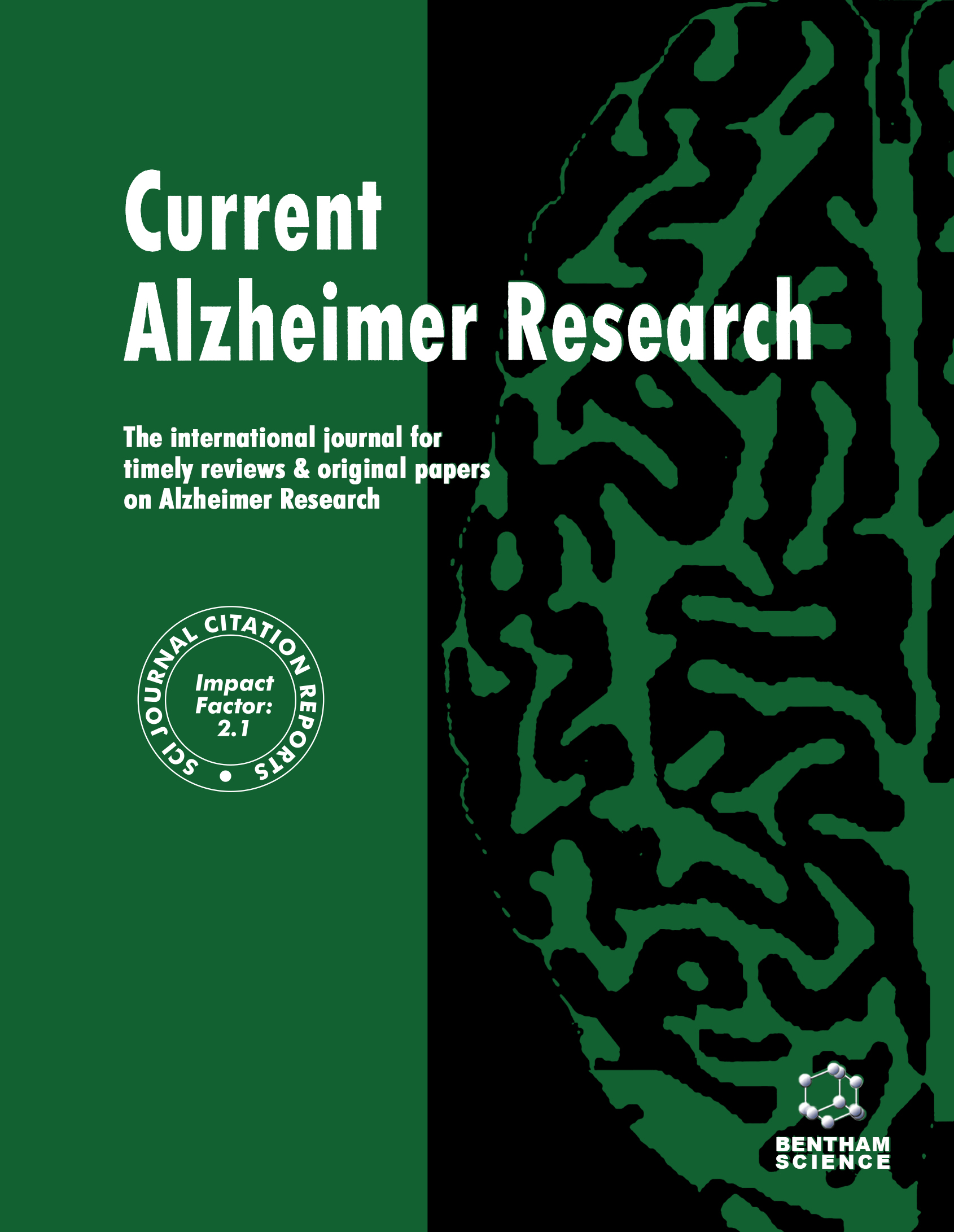-
oa Up-regulation of DMN Connectivity in Mild Cognitive Impairment Via Network-based Cognitive Training
- Source: Current Alzheimer Research, Volume 15, Issue 6, May 2018, p. 578 - 589
-
- 01 May 2018
Abstract
Background: Previous work designed a network-based protocol of cognitive training. This programme exploits a mechanism of induced task-oriented co-activation of multiple regions that are part of the default mode network (DMN), to induce functional rewiring and increased functional connectivity within this network. Objective: In this study, the programme was administered to patients with a diagnosis of mild cognitive impairment to test its effects in a clinical sample. Method: Twenty-three patients with mild cognitive impairment (mean age: 73.74 years, standard deviation 5.13, female/male ratio 13/10) allocated to the experimental condition, underwent one month of computerised training, while fourteen patients (mean age: 73.14 years, standard deviation 6.16, female/ male ratio 7/7) assigned to the control condition underwent a regime of intense social engagement. Patients were in the prodromal stage of Alzheimer's disease (AD) as confirmed by clinical follow ups for at least two years. The DMN was computed at baseline and retest, together with other, control patterns of connectivity, grey matter maps and neuropsychological profiles. Results: A condition-by-timepoint interaction indicating increased connectivity triggered by the programme was found in left parietal DMN regions. No decreases as well as no changes in the other networks or morphology were found. Although between-condition cognitive changes did not reach statistical significance, they correlated positively with changes in DMN connectivity in the left parietal region, supporting the hypothesis that parietal changes were beneficial. Conclusion: This programme of cognitive training up-regulates a pattern of connectivity which is pathologically down-regulated in AD. We argue that, when cognitive interventions are conceptualised as tools to induce co-activation repeatedly, they can lead to clinically relevant improvements in brain functioning, and can be of aid in support of pharmacological and other interventions in the earliest stages of AD.


